
resources & publications
You may need to download Adobe Acrobat Reader to view linked content.
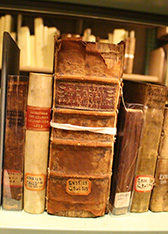
Starr King School for the Ministry houses a 1,300-volume library covering the history of Unitarian Universalism from the early 16th century to the Rev. Thomas Starr King’s San Francisco ministry during the Civil War. The collection was named for Earl Morse Wilbur, the school’s first president (1904 to 1931). Click to learn more.
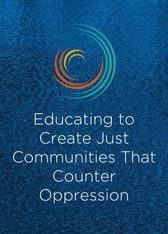
As a theological school that educates in a world blessed with resources of beauty, grace, resistance and transformation but is marked by intersecting forms of violence and injustice, Starr King School has made Educating to Create Just Communities that Counter Oppression a priority. This statement summarizes our vision and hope, and serves as a guiding document for our work.
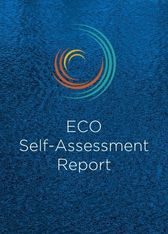
This 35-page report, undertaken at the invitation of the Unitarian Universalist Association’s Journey Towards Wholeness Transformation Committee, was published in Spring 2006 to assesses the progress and future steps in implementing SKSM’s priority commitment to Educating to Create Just and Sustainable Communities that Counter Oppressions.
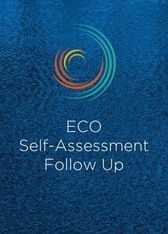
This document contains progress reports from key school committees on how the Assessment Report recomendations have been implemented as of March 1, 2007.
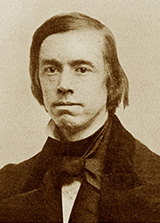
Biographical sketch of Rev. Thomas Starr King, noted 19th century Unitarian and Universalist leader for whom the school was named. Click to read more.
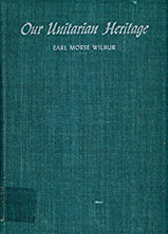
A 292-page document (in PDF format) written in 1925 by Starr King School’s founding president, Earl Morse Wilbur, about the history of Unitarianism. Click for a brief review of Roman numerals.
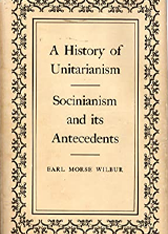
An 870-page document (in PDF format), also written by Earl Morse Wilbur, that was originally published in 1945 and updates “Our Unitarian Heritage.”
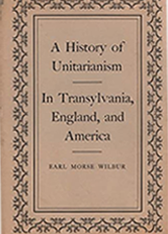
A 368-page document (in PDF format), published by Earl Morse Wilbur in 1952, that expands on Volume I.
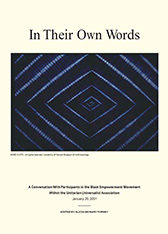
Proceedings of an historic January 2001 reunion at Starr King School of the Black Unitarian Universalist Caucus/Black Affairs Council and FULLBAC, their white supporters. Reunion participants were active in the black empowerment controversies of the 1960s and 1970s.